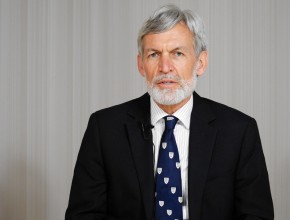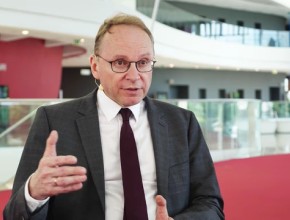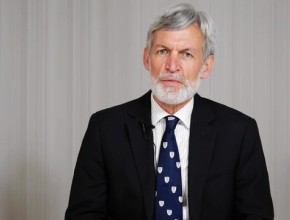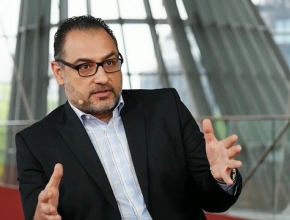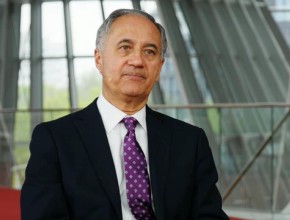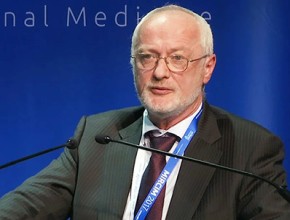How do you see the future of internal medicine in Europe? Is there a chance to unify the internal medicine curriculum in all European Union countries? Should we expect European examination and certification in internal medicine?
Runólfur Pálsson, MD: I believe that internal medicine has a major role to play in the future. We are facing significant challenges in health care nowadays with the expanding ageing populations with multimorbid conditions requiring comprehensive care. Internal medicine has lost some grounds in recent decades because of the advent of specialization in many related fields, [and this has] led to some kind of fragmentation in terms of care that we are providing. Now, with the needs of the population for a more comprehensive holistic care, I believe that internal medicine is the answer.
In order to provide internal medicine services to the population in Europe and the Western world, we need to attract young individuals who are graduating from medical schools to the field of internal medicine. We have to make it attractive. Currently, we are struggling to some extent because of excessive workloads. We have many challenges that we have to deal with. However, I believe that internal medicine is a suitable specialty to meet the current needs of the population at large, particularly the elderly.
In order for the specialty of internal medicine to prevail, so to speak, we need to improve the training, we need to make the specialty attractive, and I think that harmonizing our initiatives across Europe, for instance, is important. Joining forces and constructing a single curriculum may be an answer and we have actually done that at the European Federation of Internal Medicine under the auspices of the European Board of Internal Medicine. We issued a curriculum of internal medicine almost 2 years ago [see www.efim.org]. I think that is the first step, but there are many other things that have to come into the picture. We have to implement the curriculum, we have to have the national internal medicine societies apply it and become part of this movement.
I think that creating a stronger force is what we need in internal medicine today. We can do that jointly as opposed to just focusing on our individual countries.
 English
English
 Español
Español
 українська
українська

